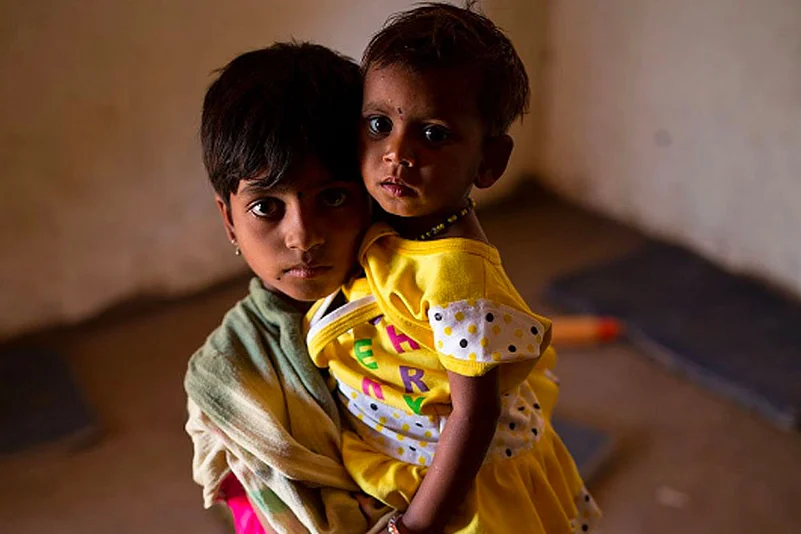The WHO on Monday called for increased access to quality diabetes education for healthcare workers, the public and people living with diabetes as part of efforts to ensure better access to quality and affordable care for the disease.
WHO Calls For Increased Access To Diabetes Education
Type 1 diabetes, which affects more than 250,000 children and adolescents in the region, cannot currently be prevented but can be managed. For people living with both types of diabetes, access to affordable treatment, including insulin, is critical to their survival.

Globally, around 422 million people have diabetes, and 1.5 million deaths are directly attributed to diabetes every year, Dr Poonam Khetrapal Singh, WHO Regional Director for South-East Asia, said on the World Diabetes Day.
In the WHO South-East Asia Region, more than 96 million people are estimated to have diabetes, and another 96 million to be pre-diabetic, causing at least 600,000 deaths annually, she said. "By 2045, unless urgent action is taken, the prevalence of diabetes in the region is expected to increase by 68 per cent," Singh said in a statement.
Diabetes is a chronic metabolic disease. If detected late or improperly managed, it can lead to serious and life-threatening damage to the heart, blood vessels, eyes, kidneys and nerves.
The risk of Type 2 diabetes can be reduced through regular and adequate physical activity, healthy eating and by avoiding tobacco and harmful alcohol consumption. If developed, Type 2 diabetes can be managed through medication, control of blood pressure and lipids, and adherence to a healthy lifestyle, Dr Khetrapal Singh said.
Type 1 diabetes, which affects more than 250,000 children and adolescents in the region, cannot currently be prevented but can be managed. For people living with both types of diabetes, access to affordable treatment, including insulin, is critical to their survival.
WHO is calling for action in several key areas. Policy makers should set time-bound targets to address gaps in service coverage, with a focus on equity and leaving no one behind, Singh said.
Secondly, high-impact, cost-effective and context-appropriate interventions must continue to be identified and implemented. For this, the Global Diabetes Compact, launched in April 2021, calls for targeted efforts to enhance community empowerment and increase private sector engagement, she said.
Thirdly, policy makers should continue to strengthen PHC service delivery, ensuring that diabetes screening and care is available, accessible, acceptable, and of adequate quality, without discrimination, accelerating momentum from the 2016 Colombo Declaration.
Countries must continue to promote access to essential medicines and priority devices, including insulin, in national benefit packages – a key focus of the Region's Flagship Priority on UHC, she said.
"To help stop the rise in diabetes, and protect tomorrow, education on diabetes must continue to be strengthened. From the primary level up, health and care workers must have the resources and knowledge to detect diabetes early and to adequately care for people living with diabetes," she said in the statement.
"People living with diabetes have a 1.5-fold higher risk of getting infected with TB," Singh said. Gestational diabetes increases the risk of neonatal morbidity and mortality, as well as the likelihood of developing diabetes later in life, she added.
On World Diabetes Day, WHO reiterates its commitment to support all countries of the region to promote and implement policy, legislative, and regulatory measures to reduce the risk of diabetes, and to bring quality, affordable diabetes care to all who need it, leaving no one behind, she said.
(With PTI inputs)
- Previous Story
 Elections 2024: Ashok Tanwar Joins Congress Again; Sehwag Endorses Congress Candidate In Haryana
Elections 2024: Ashok Tanwar Joins Congress Again; Sehwag Endorses Congress Candidate In Haryana - Next Story
























